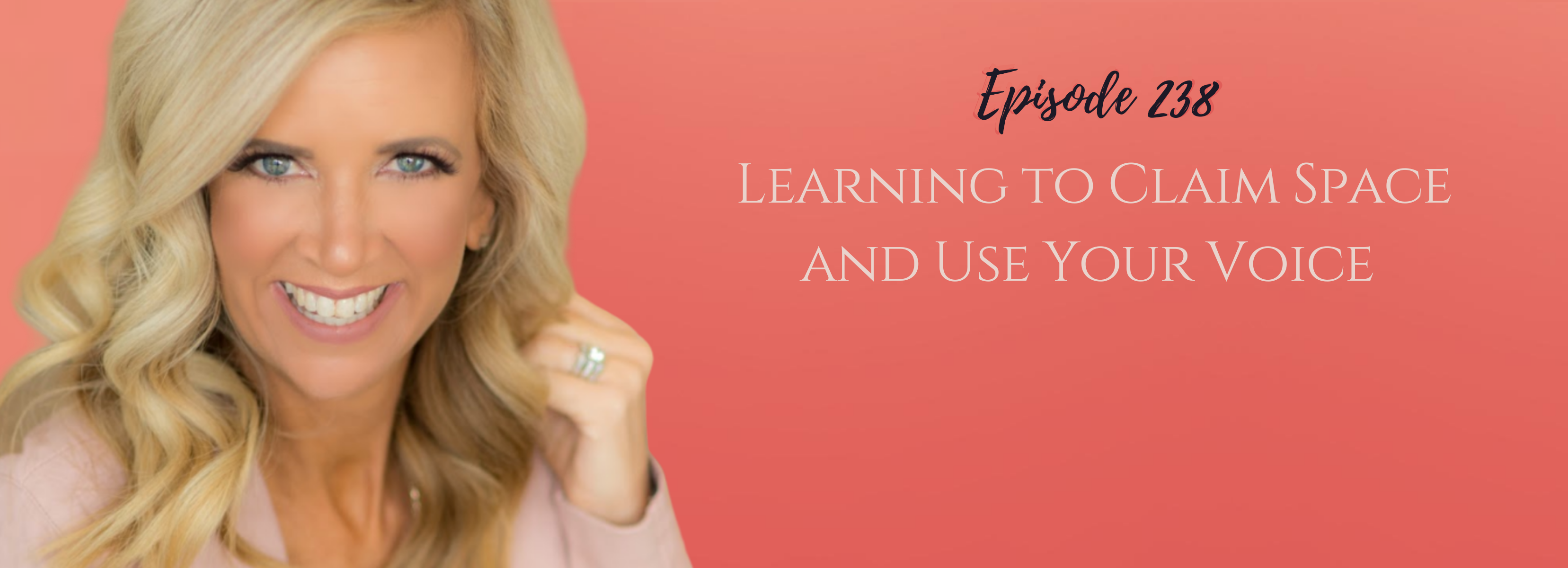
Learning to Claim Space and Use Your Voice with Eliza VanCort| 11.8.2023
In this episode, Kristen interviews Eliza VanCort, a survivor, speaker, and author, about her journey from childhood trauma to claiming space in her life. They highlight the significance of "flipping the script" and discuss the key aspects of claiming space.
You'll Learn
- How Eliza VanCort overcame childhood trauma to become a survivor, speaker, and author.
- The importance of "flipping the script" in communication and relationships.
The five key aspects of claiming space in your life. - The impact of fear and people-pleasing on claiming space.
How embracing your truth can lead to deeper and more authentic connections with others.
Resources
For counseling services near Indianapolis, IN, visit www.pathwaystohealingcounseling.com.
Subscribe and Get a free 5-day journal at www.kristendboice.com/freeresources to begin closing the chapter on what doesn’t serve you and open the door to the real you.
Subscribe to the Close the Chapter YouTube Channel
This information is being provided to you for educational and informational purposes only. It is being provided to you to educate you about ideas on stress management and as a self-help tool for your own use. It is not psychotherapy/counseling in any form.